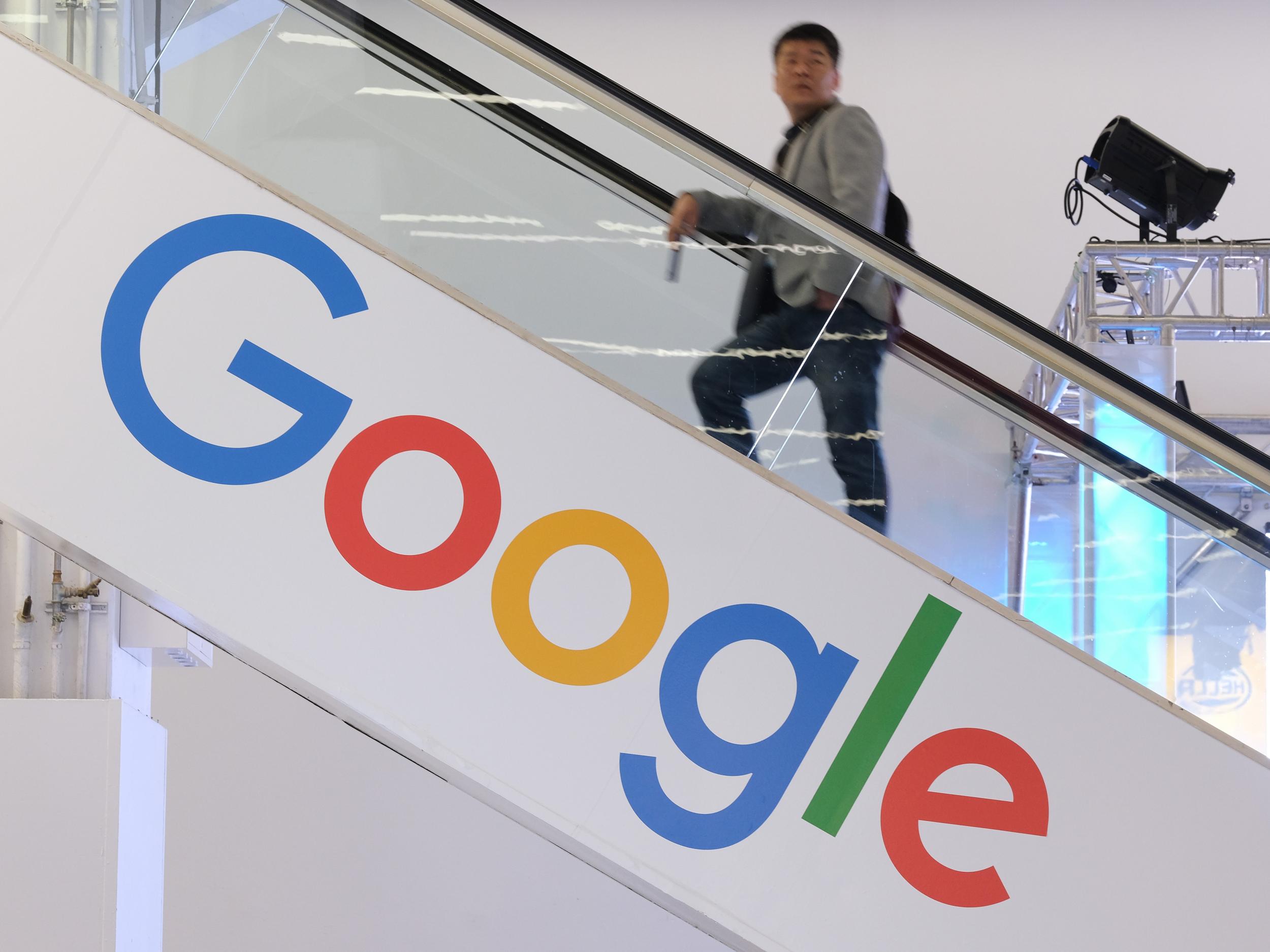Google is putting its image at risk
The firm’s approach to dissenting staff – and issues they’ve expressed concern over – is at odds with its original aim to do things differently, writes James Moore


Google’s a 21-year-old, which puts the search giant on the borderline between millennial and generation Z. In corporate terms, however, it’s often described as middle-aged.
When it comes to its protesting staff, Google seems to have taken on the persona of an angry old baby boomer. Like a certain boomer in Washington? Let’s not go there.
Anyhow, there was more fuel added to the fires of controversy when a fifth fired employee went public with claims that she was canned “in retaliation” for her workforce-organising activities in the wake of a staff protest.
Kathryn Spiers, who had been part of the security team working on the Chrome browser for two years, was let go after using an internal alert system to remind colleagues that they had the right to take collective action.
She claims that she had the authority to use the system to alert them to new policies and was, in this case, drawing colleagues’ attention to the company’s declaration that workers could organise and discuss workplace issues without retribution. The company says she misused a security and privacy tool to create a pop-up.
Spiers was suspended during America’s Thanksgiving holiday week on the same day that four other staffers were let go. Now she, like them, finds herself in need of a new employer, while a complaint with the National Labour Relations board has been filed on her behalf by the Communication Workers of America union.
Google, along with its various subsidiaries and related companies, which all come under the umbrella of holding company Alphabet, has a highly educated and engaged workforce, which has become increasingly restive in recent years.
Last year more than 20,000 staffers joined a mass global walkout over the company’s handling of sexual harassment allegations. A particularly sore point was the revelation that Google had given former executive Andy Rubin a $90m (£69m) severance package in the wake of his departure following an allegation of sexual misconduct.
For the record, Rubin, the creator of Google’s Android system, has described the reports about the allegation and severance package as a “smear campaign”. The company promised to do better, and handle allegations more sympathetically, but there have since been reports that Googlers still fear retaliation if they report issues.
Other bones of contention have included US military work, a censored search engine in China and the treatment of contractors in Pittsburgh, as the company seeks new sources of revenue and strives to keep a lid on costs.
Standard practice for a maturing company, but rather at odds with the stated desire of founders Larry Page and Sergey Brin, they of the “moonshot” projects, that Google would never become a normal company and would continue to do things differently.
The company had enjoyed a reputation for having an unusually happy workforce, with the free canteens and the roller hockey games and the think pods and the famous “don’t be evil” motto, which has itself undergone a corporate edit.These reports suggest this is being lost.
Therein lies a problem for Google. For a start, there’s its brand. My tech-head son’s reaction when I told him I was attending a corporate dinner hosted by the company spoke to its power. His eyes lit up at the mere mention of the name and I was peppered with a long list of questions about the event.
But throw in the controversies over the lack of tax it pays, data and privacy, and the shine is surely starting to come off. Will he feel the same way in five years’, 10 years’ time? I wonder.
Arguably more dangerous still to the business is the potential loss of its status as a destination employer, particularly among grown-up tech-heads whose skills are in such short supply.
Sure, you can always find people if you’re willing to pay them enough. But Google could still miss out on some creative and valuable people it might otherwise have hired and/or retained through responding to these outbreaks with a little more tact and without the “I’m the boss, now shut up or get out” stance that these stories speak to.
Some of those lost potential hires might one day hold the keys to its demise if they have within their brains the moonshot that successfully takes off and lands on the dusty surface of the next big-money promised land.
Join our commenting forum
Join thought-provoking conversations, follow other Independent readers and see their replies
Comments
Bookmark popover
Removed from bookmarks